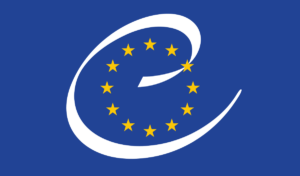Starting with Belarus, Belarus is urged to carry out comprehensive reform of its electoral system.
PACE has urged Belarus to comprehensively reform its electoral system to bring it into line with international standards for democratic elections.
Approving a resolution and recommendation based on a report by Lord Blencathra (United Kingdom, EC), the Assembly said that the current failed electoral system in Belarus “had been a driving factor behind the current political, economic and human rights crisis affecting the country”.
The parliamentarians listed the priority areas requiring change in order to bring them into line with previous Assembly, OSCE/ODIHR and Venice Commission recommendations, recalling that they and others had been “pointing to the systemic problems” with the electoral system for more than two decades.
With regard to Armenia, electoral legislation amendments welcomed but further improvements needed.
The Council of Europe’s body of constitutional legal experts, the Venice Commission, and the OSCE/ODIHR have published an urgent joint opinion on amendments to the Electoral Code and related legislation of Armenia.
Having examined the conformity of the procedure of their development, as well as the conformity of the amendments with international standards, the opinion concludes that the package is to be broadly welcomed, as it addresses the majority of previous recommendations, but improving these amendments is still recommended.
The opinion was requested by the Speaker of the National Assembly of Armenia on 4 March 2021 and is based inter alia on a series of video conferences with representatives of state and non-state actors.
On 1 April 2021, the National Assembly adopted a first set of amendments to the Electoral Code concerning the abolition of the territorial candidate lists with 82 votes in favour and no abstentions or votes against. The signing of the amendments into law is pending.
The proposal abolishes the territorial candidate lists, establishing a proportional electoral system only based on a nationwide constituency, thus reducing regional inequalities in the value of the ballot, the opinion reads.
The Venice Commission and the ODIHR note with satisfaction that the reform went through broad consultations among different political forces, civil society and expert community and took place within an adequate timeframe, assuring the widest possible support to the amendments.









Leave a Reply